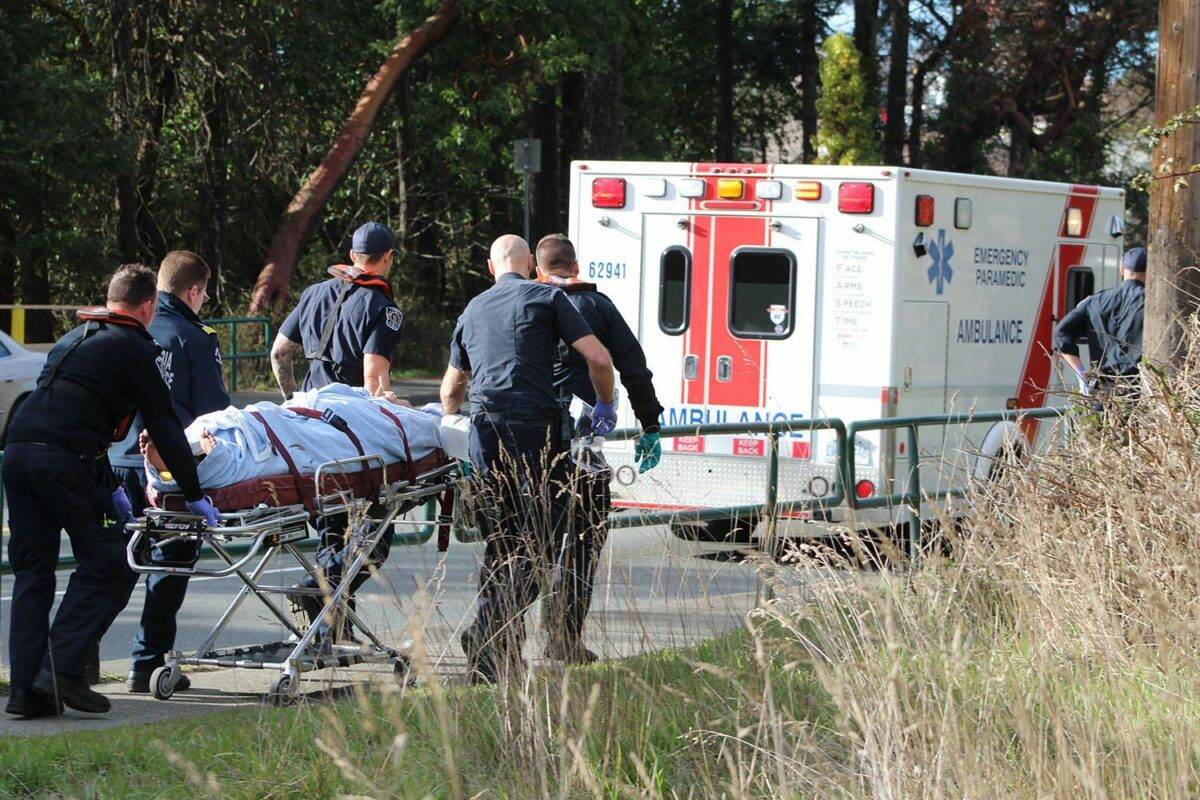B.C. has added 85 more full-time paramedics in Metro Vancouver, Abbotsford, Kamloops and Prince George, and has converted 24 rural and remote ambulance stations from on-call to staffed, Health Minister Adrian Dix said Friday.
The expansion of the ambulance service also includes new paramedic treatment options, including needle decompression of chest injuries, airway treatment and administering medications that were only allowed at hospitals, Dix said Dec. 3.
The increased scope of practice also includes firefighters, who will be permitted to take blood pressure and glucose if they are first to arrive at an emergency, and prepare injured people for transport.
Dix said the province and B.C. Emergency Health Services have moved ahead with an expansion of personnel and services, including hiring 65 dispatchers, 20 of whom have completed training. The remaining dispatchers are expected to begin work starting in January 2022.
B.C.’s ambulance service and dispatchers have been struggling to keep up with calls in the past year, with drug overdoses, forest fire and extreme weather events and an increase in calls from people who avoided seeking medical care in the first year of the COVID-19 pandemic.
RELATED: Parents drive child to hospital after long ambulance wait
RELATED: Dispatchers putting 9-1-1 callers on hold as calls surge
There are 22 additional ambulances being prepared for service, with nine of them already operational, Dix said. BCEHS is also increasing mental health supports for paramedics and dispatchers who have had to deal with wait times for injured patients and people put on hold when they call 9-1-1.
Leanne Heppell, chief ambulance officer of BCEHS, said the changes have been worked on for many years, and will allow paramedics to perform more of the emergency services that were reserved for hospital care, as patients are in transit by ambulance.
@tomfletcherbc
tfletcher@blackpress.ca
Like us on Facebook and follow us on Twitter.

